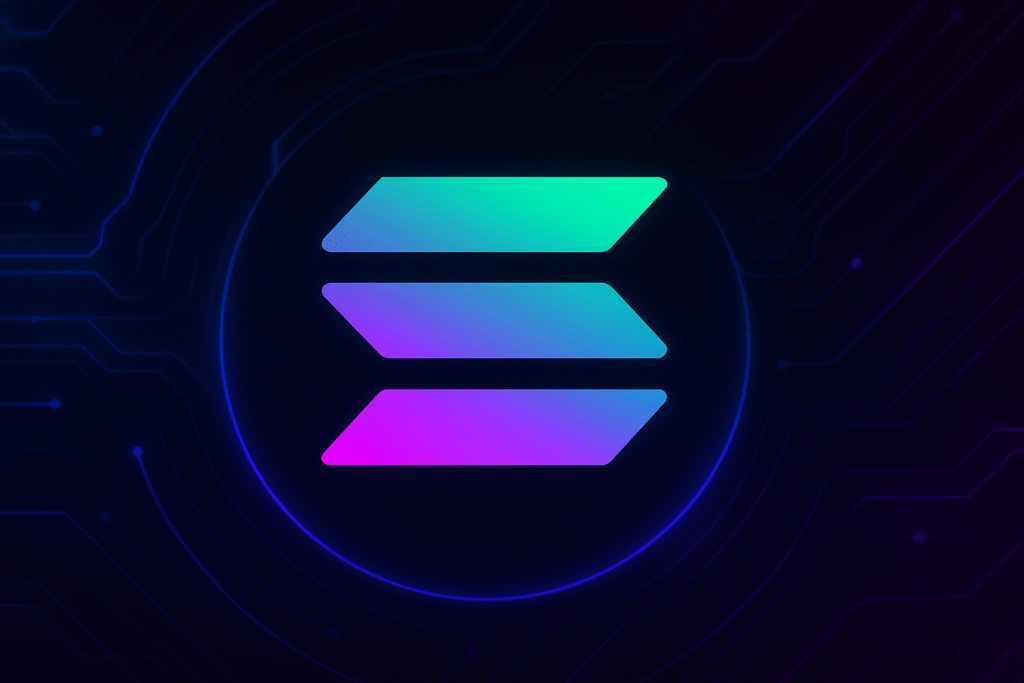Exploring the future of blockchain technology can be incredibly exciting, given the complex yet groundbreaking advancements continually emerging from this dynamic field. Solana, renowned for its innovative consensus mechanism known as Proof of History, is on the cusp of a transformation that could redefine its potential. In a daring move, Solana plans to replace this mechanism with a new, streamlined protocol called “Alpenglow,” promising a significant leap in transaction speed. This paradigm shift is poised to offer Solana a competitive edge against centralized systems, marking a new era for real-time applications.
Solana’s Revolutionary Alpenglow: A New Era of Blockchain Speed
Unveiling Alpenglow: Solana’s Path to Unprecedented Transaction Finality
Solana’s latest innovation, Alpenglow, is a product of ETH Zurich’s Professor Roger Wattenhofer and Anza’s research team. Their 2024 paper highlighted several vulnerabilities in the existing protocol, prompting a quest for a more efficient solution. Alpenglow is set to simplify the existing mechanisms by melding Proof of History, Tower BFT, and gossip-based vote propagation into a condensed two-part system.
The new protocol, Rotor and Votor, introduces streamlined processes that eliminate the need for on-chain transactions for votes. This transition dramatically reduces the overall transaction flow on Solana, making it more accessible and economical for smaller validators to participate. Experts believe this could bring down the break-even stake for validator operations significantly.
How Alpenglow Enhances Solana’s Performance
Alpenglow’s core advantage is its capacity to trim the time required for transaction finality by a factor of 100, aligning Solana more closely with traditional, centralized Web2 infrastructures. This enhancement aims to drastically lower entry barriers for network participation, thereby fostering a more inclusive environment for validator nodes.
Additionally, Alpenglow’s security features adapt to a “20 + 20” model, ensuring that no two conflicting blocks can achieve finality without triggering a provable security alert. This evolutionary leap in consensus mechanics ensures that Solana maintains robust security standards while enhancing its transaction throughput.
The Impact on Node Operators
For node operators, transitioning to Alpenglow means reduced operational costs and an opportunity to engage with the network without the burden of existing vote transaction fees. The elimination of these fees paves the way for more validators to join, enhancing the network’s overall security and decentralization.
Moreover, with off-chain certificate mechanisms, the ledger growth rate diminishes, and the distinctions between confirmed and finalized transactions blur. This leads to a more fluid and efficient operational framework, where real-time data dissemination becomes standard practice.
Future Prospects and Challenges for Solana
While Alpenglow promises to redefine Solana’s technical landscape, it leaves certain validator economics unresolved, particularly concerning slashing mechanics and relay compensation. Nonetheless, Solana plans to roll out these changes by early next year, pending community feedback and governance votes.
Frequently Asked Questions
How will Alpenglow affect Solana’s scalability?
Alpenglow is designed to enhance Solana’s scalability by significantly reducing transaction finality times and lowering participation costs for validators. This fosters a more scalable and efficient network capable of supporting a higher volume of transactions without compromising speed or security.
What are the security implications of Alpenglow?
Alpenglow adopts a “20 + 20” security model, which provides robust protection against potential attacks by ensuring safety and liveness even if certain stakeholders are compromised or inactive. This model enhances the overall resilience of the network.
What changes can node operators expect once Alpenglow is implemented?
Node operators can anticipate a substantial reduction in operational costs due to the elimination of on-chain vote transactions. Additionally, they will benefit from faster transaction finality and a more streamlined consensus process, ultimately lowering barriers to entry.
Is Solana poised to compete with centralized infrastructures post-Alpenglow?
Yes, the implementation of Alpenglow positions Solana to challenge centralized infrastructures by offering drastically reduced transaction times and enhanced real-time capabilities. It bridges the gap between decentralized and traditional systems, promising faster, more reliable blockchain performance.
This comprehensive guide delves into the transformative potential of Alpenglow for Solana, offering insights into its technological, economic, and strategic implications. With detailed analysis and expert perspectives, readers gain a nuanced understanding of how this evolution could shape Solana’s future trajectory in the blockchain landscape.

